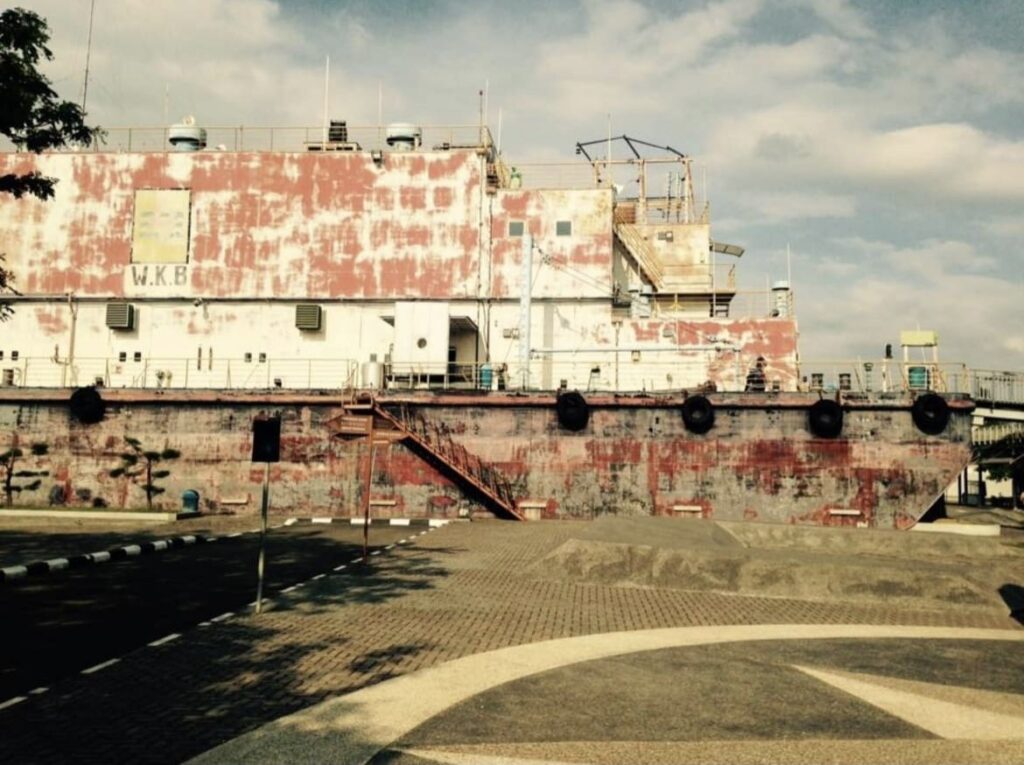GNDR Policy Statement on the 20th Anniversary of the 2004 Asian Tsunami by Becky Murphy, Head of Policy GNDR & Co-Chair of the UNDRR Stakeholder Engagement Mechanism (SEM)
As we mark the 20-year anniversary of the 2004 Asian Tsunami, we cannot forget the devastating impact it had on those living on the frontline of risk.
It was one of the most powerful and deadly disasters in history. An estimated 275,000 people were killed across 14 countries, with nearly 45,000 more women than men losing their lives.
The enormous impact of the tsunami changed the disaster preparedness, humanitarian and development landscape. Global leaders were shocked into understanding the urgent need for a global disaster preparedness framework and discussions were sparked on the need for an international law on Protection of Persons in the Event of Disasters.
Specifically, it created the political space and necessary urgency for the 2005 Hyogo Framework for Action (HFA) to be adopted, the first international framework on disaster risk reduction. Three weeks after the tsunami, countries met in Japan to create the HFA, the world’s first comprehensive agreement on disaster risk reduction. The HFA was a ten-year plan adopted by 168 United Nations member states. The second iteration of this became the Sendai Framework which guides our global risk reduction policy today.
As a result of these landmark examples of international cooperation, 129 countries across the world now have disaster risk reduction strategies in place. 108 countries have multi hazard early warning systems and rates of disaster mortality have been significantly reduced.
Furthermore, the 2004 Tsunami is the most powerful example of why GNDR’s top three policy demands are still essential to prevent loss of lives and livelihoods and ensure those on the ‘last mile’ of the early warning early action value chain become the ‘first mile’.
We demand that:
1) all development is risk informed – policy decisions must take disaster risk into account. From national development strategies to local water management plans, risk considerations should be embedded in every policy-making process
2) communities on the frontline of risk are listened to – to be able to take disaster risk into account, the people involved in taking decisions (such as national and local government representatives, donor institutions, and national and international NGOs) must listen to communities
3) local leadership is recognised as an essential element of risk reduction at all levels – we must go further than just listening to communities most at risk. Local communities must be enabled to participate, influence and make decisions on risk-informed development policies and practices – because they have experience of living with risk.
With this, we call on the international community to revisit the need for an international law protecting those on the frontline of risk from disasters.
Whilst we remember and send solidarity to all those who were impacted by the 2004 Tsunami, we also celebrate our incredible CSO members’ work on disaster risk reduction and look to community leaders to guide us with their knowledge and expertise on how we can come together as a global community to prevent future crises. We stand with you all.
